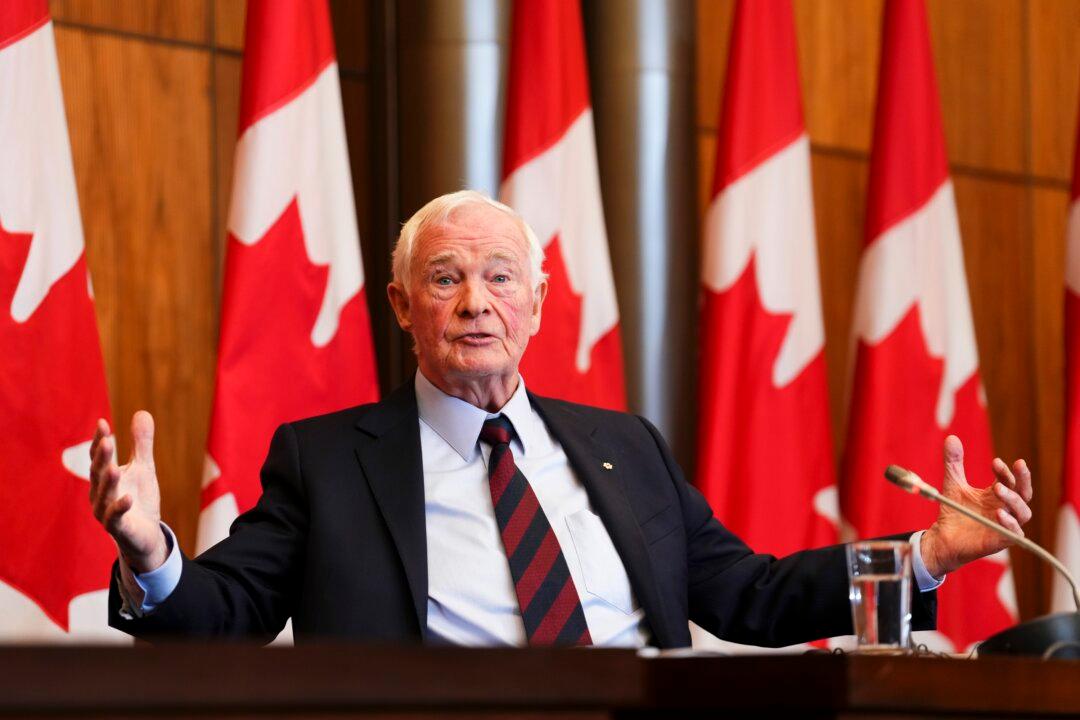Opposition members of Parliament on a House committee seek to hear the testimony of Special Rapporteur David Johnston, a day after he recommended against holding a public inquiry into the Chinese regime’s interference in Canada’s elections.
“David Johnston’s decision is a slap in the face to diaspora groups who are subject to abuse and intimidation by hostile foreign governments and all Canadians rightly concerned about foreign interference in the 2019 and 2021 elections and future elections,” says a May 23 letter written by six opposition MPs on the Standing Committee on Procedure and House Affairs (PROC).





